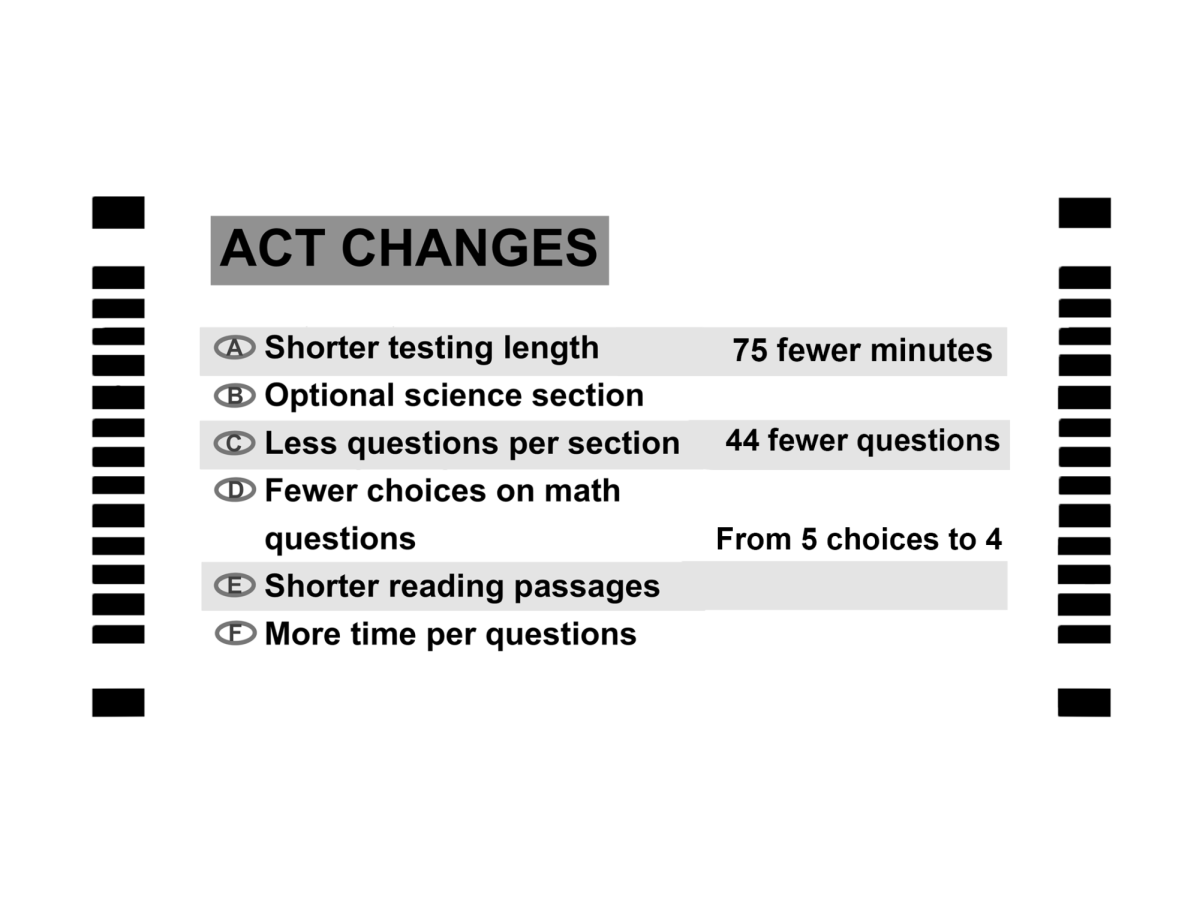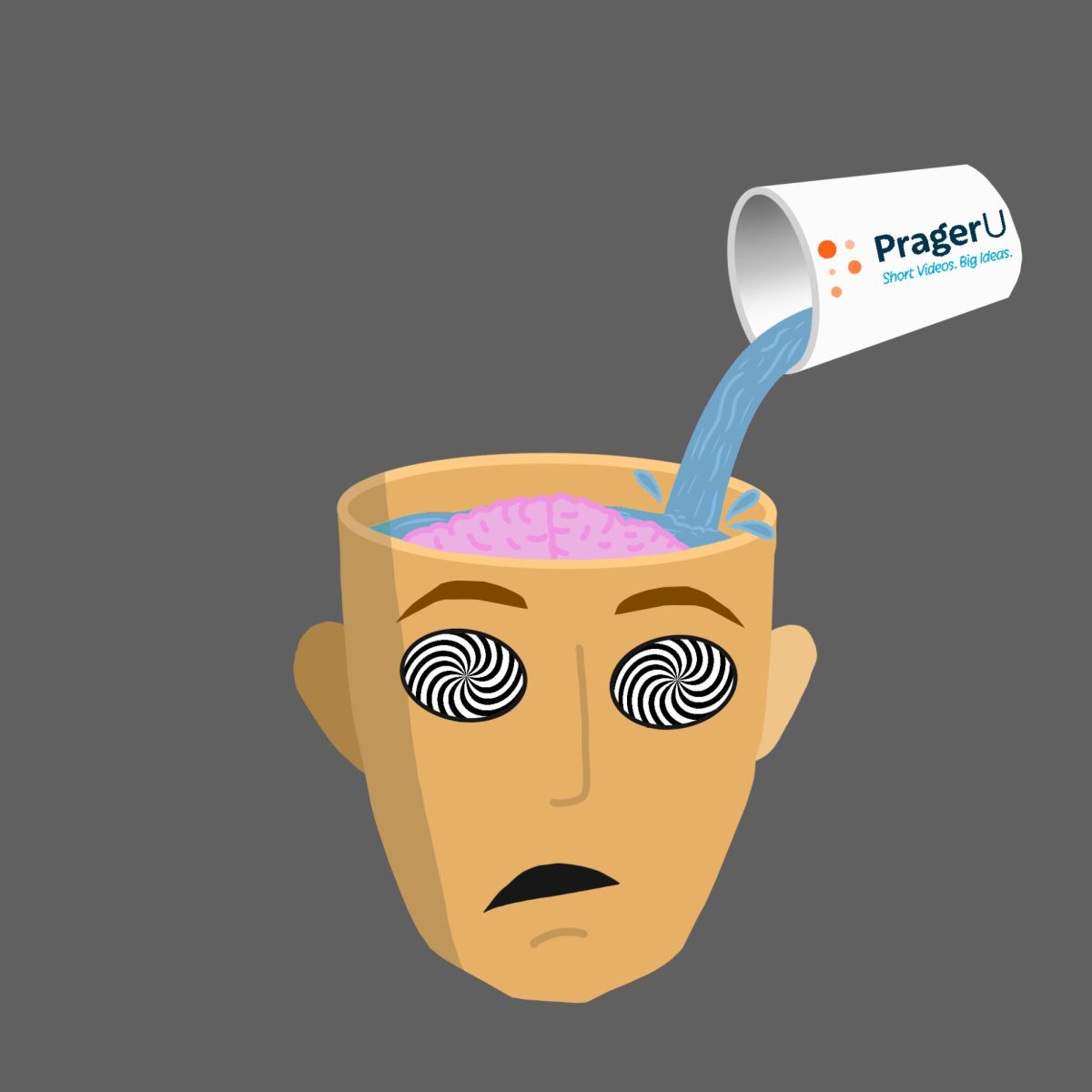Though the United States grants citizens religious freedom in the First Amendment, public schools discriminate against students in a religious minority: students of Jewish faith.
As a Jew, every year I miss a minimum of two days during the month of September and the beginning of October. And every year, during the days I miss, there’s a test scheduled. If I missed class for illness, I could understand missing a test, quiz or project. I’m missing school for the holiest day on the Jewish calendar, while not a critical condition, it is critical.
When Christian holidays occur, there’s a month (or more) of preparation. There’s some sort of decoration, candy or new Starbucks drink. Everyone knows when Christmas and Easter are. Jewish holidays, unlike Christian ones, follow the lunar calendar, which shifts yearly. There also aren’t the classic warning bells of festive music in every store as a reminder for those who aren’t Jewish.
I understand the United States was founded by white, Christian men and that the majority of Americans in an organized religion are still Christian. That means tests definitely don’t happen on Dec. 25, and for the same reason schools wouldn’t schedule a test on Christmas or New Years, they shouldn’t allow tests on Rosh Hashanah, the Jewish New Year.
The Jewish holidays that generally fall during the end of September and early October are the most holy days of the Jewish year. As a conservative Jew, I was brought up understanding that the 10 days between Rosh Hashanah and Yom Kippur, the day of atonement, decide whether or not I’m written in the Book of Life for the next year. So it’s implied if you miss either of those holidays, you’re not bookending those 10 days in a positive light. Naturally, I’m willing to miss school for my life. Whether or not I’ll actually die, I would prefer not to take my chances.
Some public schools have addressed this issue. The New York Public School system gives students the first day of Rosh Hashanah and the day of Yom Kippur, along with days off for Eid al-Adha and Eid al-Fitr, Islamic holidays. But in schools in the south, students are only occasionally granted excused absences. At Grady, teachers have to use personal days to take off for religious holidays, increasing the feeling of religious intolerance.
Sandy Koufax didn’t pitch during the first game of the World Series 50 years ago on Yom Kippur. He sat out, bringing attention to not only the holiday, but the importance of the holiest day of the Jewish year. On that day, unlike years past and since, non-Jews recognized the religious aspect of Yom Kippur.
Religious students missing school isn’t just about the school work. Until a few years ago, Rosh Hashana and Yom Kippur weren’t even counted as excused absences. Many teachers allow Jewish students to complete the classwork for homework and turn it in without penalty, but making up quizzes and tests is always more difficult. Jewish students still end up either missing more instructional time by taking missed exams during school hours, or extracurricular time by taking tests after school.
I don’t expect teachers to halt all teaching, and I don’t expect school to be cancelled in the South where Jews represent a minority of the population. A little consideration when planning test dates for those of us who are not only culturally but also observantly religious, however, goes a long way in showing that Grady is accepting to all.






